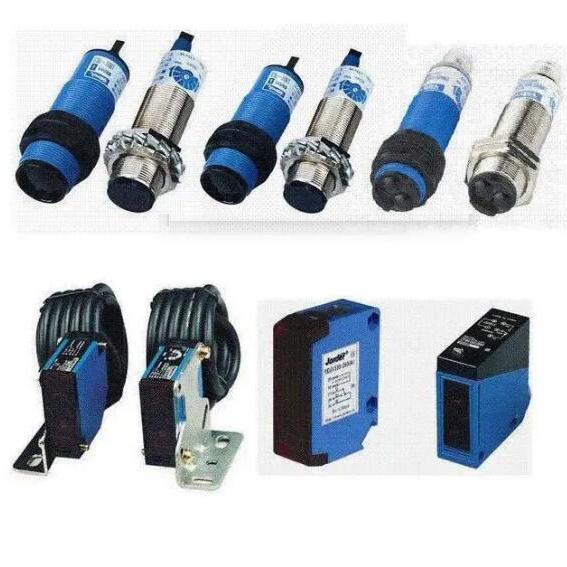What are the commonly used generator sensors

2023-08-09
What are the commonly used generator sensors?

Generators often employ various sensors to monitor different parameters and ensure proper operation. Here are some commonly used sensors in generators:
1.Voltage Sensors: Voltage sensors measure the electrical potential difference, typically using either voltage transformers or potential transformers, to monitor the generator's output voltage.
2.Current Sensors: Current sensors, such as current transformers (CTs), are used to measure the electrical current flowing through the generator's windings. They provide information about the generator's load and can help detect faults or abnormal operating conditions.
3.Frequency Sensors: Frequency sensors monitor the output frequency of the generator to ensure it is operating within the desired range. They are typically based on frequency-to-voltage conversion principles.
4. Temperature Sensors: Temperature sensors, such as RTDs (Resistance Temperature Detectors) or thermocouples, are used to measure the temperature of various components in the generator, including the windings, bearings, and coolant. They help prevent overheating and provide information for thermal management.
5. Oil Pressure Sensors: Oil pressure sensors monitor the oil pressure in the generator's lubrication system. Low oil pressure could indicate a problem with the oil supply or a malfunctioning component that needs attention.
6.Speed Sensors: Speed sensors, often in the form of magnetic pickups or proximity sensors, monitor the rotational speed of the generator shaft. They provide feedback on the generator's operating speed and can be used for synchronization and load sharing in parallel generator systems.
7.Vibration Sensors: Vibration sensors detect vibrations or mechanical oscillations in the generator. They are typically accelerometers or vibration transducers and help monitor the condition of bearings, rotor balance, and other mechanical components.
8.Gas Sensors: Gas sensors are used in generators that run on fuels such as natural gas or diesel. They monitor parameters like carbon monoxide (CO), hydrogen (H2), or methane (CH4) levels to ensure safe operation and early detection of gas leaks or combustion issues.
9.Protection Relays: While not sensors themselves, protection relays are essential components in generators. They monitor the electrical parameters from various sensors and are responsible for tripping or isolating the generator from the electrical network in the event of overcurrent, overvoltage, underfrequency, or other fault conditions.
The specific sensors used in a generator can vary depending on the generator's size, type, and application. Advanced generator control systems may utilize a combination of these sensors and employ additional sensor types for comprehensive monitoring and control.
 2023-08-09
2023-08-09
